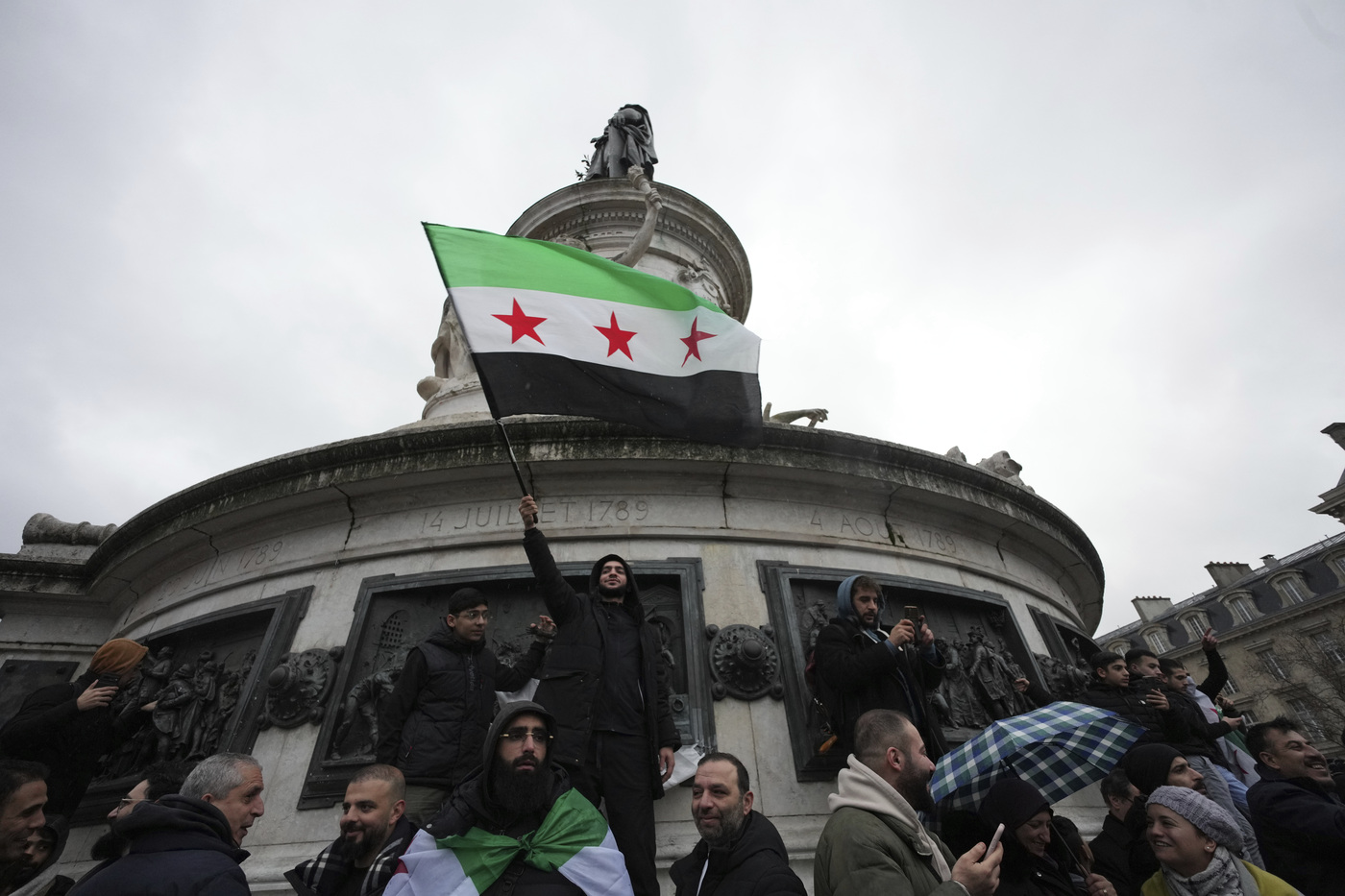In a move set to reshape Italy’s migration policy, the government led by Prime Minister Giorgia Meloni has announced the suspension of all asylum requests from Syria. The decision, formalized in a statement from Palazzo Chigi, follows the collapse of Bashar al-Assad’s regime and the ensuing political chaos in the country. This measure aligns Italy with other European governments, including Germany, Sweden, the UK, and Austria, which have implemented similar actions. The stated aim is to ensure national security and support a peaceful and inclusive transition for the Syrian people.
The decision was made during a high-level meeting held after the Council of Ministers, attended by key government figures such as Foreign Minister Antonio Tajani, Interior Minister Matteo Piantedosi, Defense Minister Guido Crosetto, Undersecretary Alfredo Mantovano, and intelligence officials. “At a time when fighting continues in parts of Syria,” the government stated, “the priority is to safeguard civilian lives and protect minorities, including Christians.” However, this policy leaves thousands of asylum seekers in a bureaucratic limbo, raising concerns about their immediate future.
The Syrian crisis, worsened by Assad’s fall, is a litmus test for Europe as it struggles to balance welcoming refugees with addressing internal security concerns. Foreign Minister Tajani recently highlighted the risk of a humanitarian crisis and a potential migration collapse, which could have global repercussions. Despite suspending asylum applications, Italy will maintain its embassy in Damascus and continue monitoring the situation in collaboration with international and regional partners.
Domestic political reactions have been swift. Deputy Prime Minister Matteo Salvini expressed strong support for the measure, calling it “necessary” to ensure border control. He also suggested temporarily suspending the Schengen Agreement to strengthen checks at Italy’s borders. These remarks have sparked questions about the potential impact of such actions on European relations and the overall management of migration. How Italy translates this policy into concrete actions and the duration of the asylum suspension remain key uncertainties as Syria continues to be a hotspot of political and social instability.

